Much has been said and documented about the multifaceted genius of Rabindranath Tagore. Radical Rabindranath is a post-colonial reading that focuses on areas that have been marginalised because of the more dominant and compelling desire in the West to establish Tagore as a transcendent visionary and poet-philosopher. The volume breaks new ground as it critiques Tagore’s non-conformism, radical outlook and occasional ambivalence as seen in his novels and short stories. In its re-readings of his works, it meticulously analyses issues such as sexual desire, repression, and jealousy on the one hand, and nation, politics, family and gender on the other. It also shows how, amidst changing social structures, his women protagonists are motivated by promptings of self-discovery and self-realisation, as well as a compulsive need to recreate their identities.
The book includes readings from selected film versions of Tagore’s fiction. These trace the deviations from the original texts to highlight how pre- and post-independence Indian/Bengali film-makers have appropriated Tagore’s literary texts by emphasising gender positions, the politics of the sexualised body and body images. It also provides details of Tagore’s early years of growing up, his formative influences and also throws light on his intellectual combats with contemporaries like Chandranath Basu and Dijendralal Roy. In an interesting detour, the authors bring forth his relationships with women like Kadambari Devi, Ranu Mukherjee and Victoria Ocampo-encounters that allow a glimpse into a mind that despite being progressive and fearless, was not devoid of contradictions. For students and scholars of comparative literature, and those with a keen interest in Tagore, the man, the poet, and ‘the radical’-an indispensable read, both at home and in the world.

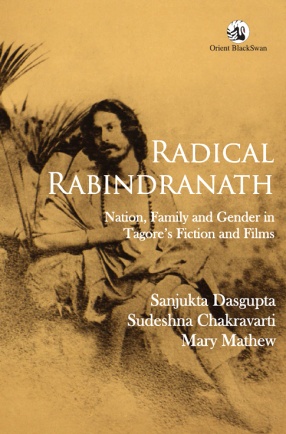
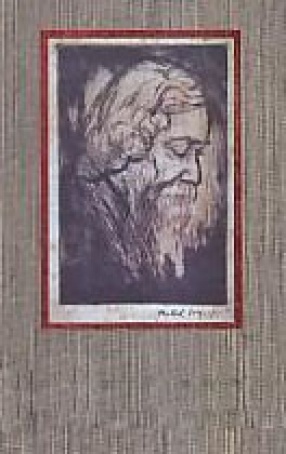
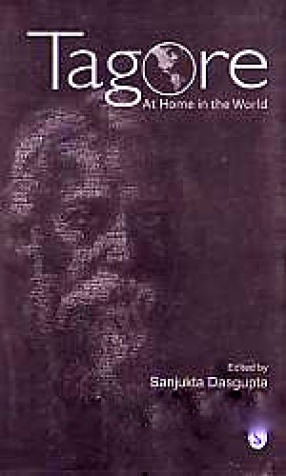
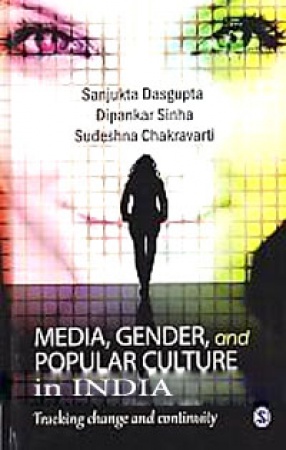

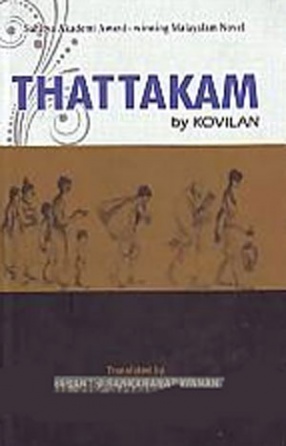
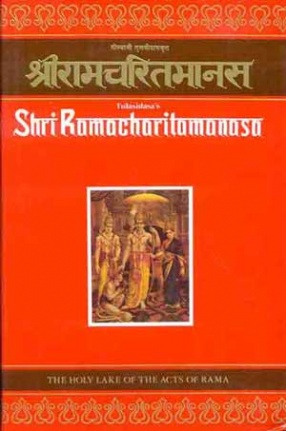
There are no reviews yet.